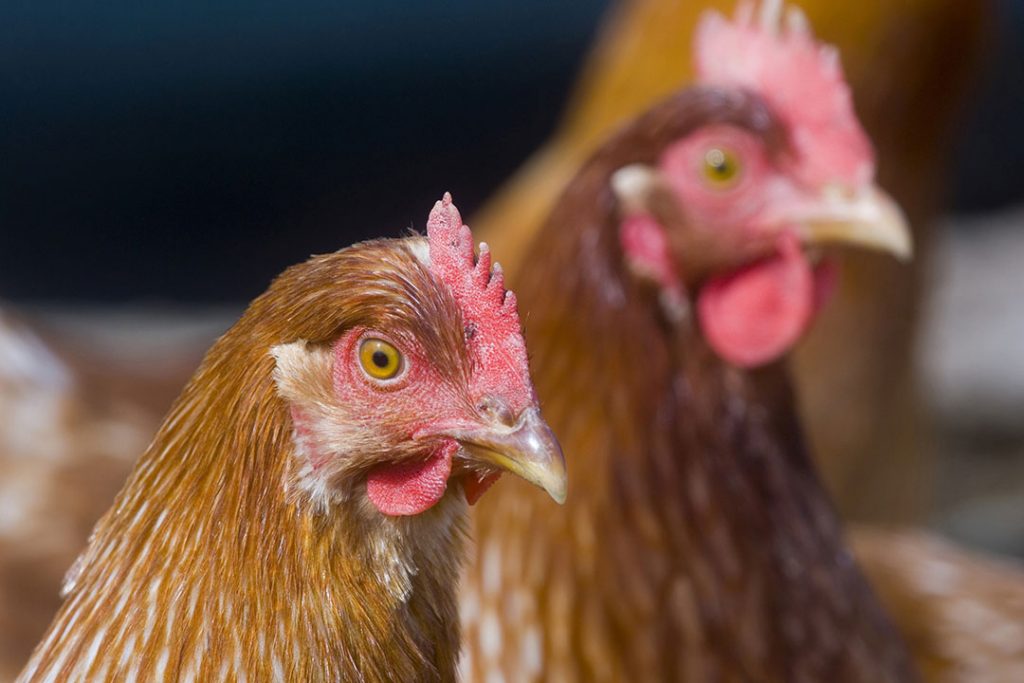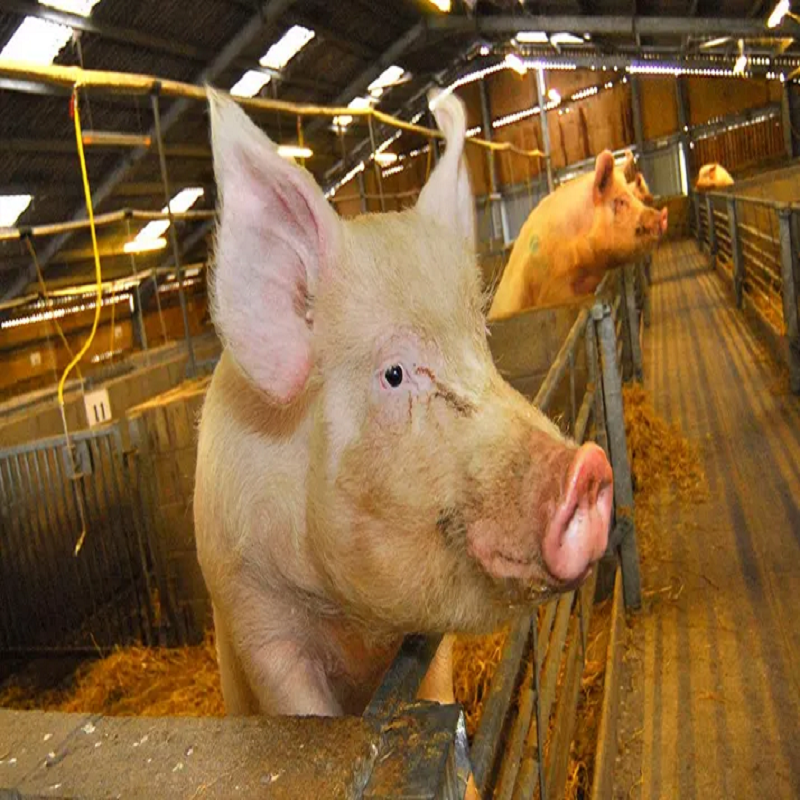Name : γ- aminobutyric acid(GABA)
CAS No.:56-12-2
Synonyms: 4-Aminobutyric acid; Ammonia butyric acid; Pipecolic acid.
1. The influence of GABA on animal feeding needs to be relatively constant in a certain period of time. The feed intake is closely related to the production performance of livestock and poultry. As a complex behavioral activity, feeding is mainly controlled by the central nervous system. The satiety center (Ventromedial nucleus of the hypothalamus) and the feeding center (lateral hypothalamus area) are animal regulators.
The basic center of diet GABA can induce animal feeding by inhibiting the activity of the satiety center, enhancing animal feeding ability. Many studies have shown that injecting a certain dose range of GABA into different brain regions of animals can significantly promote animal feeding and have a dose-dependent effect. Adding GABA to the basic diet of fattening pigs can significantly increase pig feed intake, increase weight gain, and do not reduce feed protein utilization.
2. The effect of GABA on gastrointestinal digestion and Endocrine system As a neurotransmitter or modulator, GABA plays a broad role in the peripheral Autonomic nervous system of vertebrates.

3. The effect of GABA on gastrointestinal motility. GABA is widely present in the gastrointestinal tract, and GABA immunoreactive nerve fibers or positive nerve cells are present in the nervous system and membrane of the mammalian gastrointestinal tract, GABA endocrine cells are also distributed in the epithelium of Gastric mucosa. GABA has a regulatory effect on gastrointestinal smooth muscle cells, endocrine cells and non endocrine cells. Exogenous GABA has a significant inhibitory effect on the isolated intestinal segments of rats, which is manifested in relaxation and contraction amplitude reduction of the isolated intestinal segments. This inhibitory mechanism of GABA is likely to be through inhibiting the cholinergic and/or non cholinergic systems of the intestine, Acting without an adrenergic system; It may also independently bind to the corresponding GABA receptor on intestinal smooth muscle cells.
4. GABA regulates animal metabolism. GABA can have a wide range of effects in the gastrointestinal system as a local hormone, such as on certain glands and endocrine hormones. Under in vitro conditions, GABA can stimulate the secretion of growth hormone by activating the GABA receptor in the stomach. Animal growth hormone can promote the synthesis of some peptides in the liver (such as IGF-1), increase the metabolic rate of muscle cells, increase the growth rate and feed conversion rate of animals, At the same time, it also changed the distribution of feed nutrients in the animal body; It can be speculated that the growth promoting effect of GABA may be related to its regulation of growth hormone function by affecting the function of the nervous Endocrine system.
Post time: Jul-05-2023







